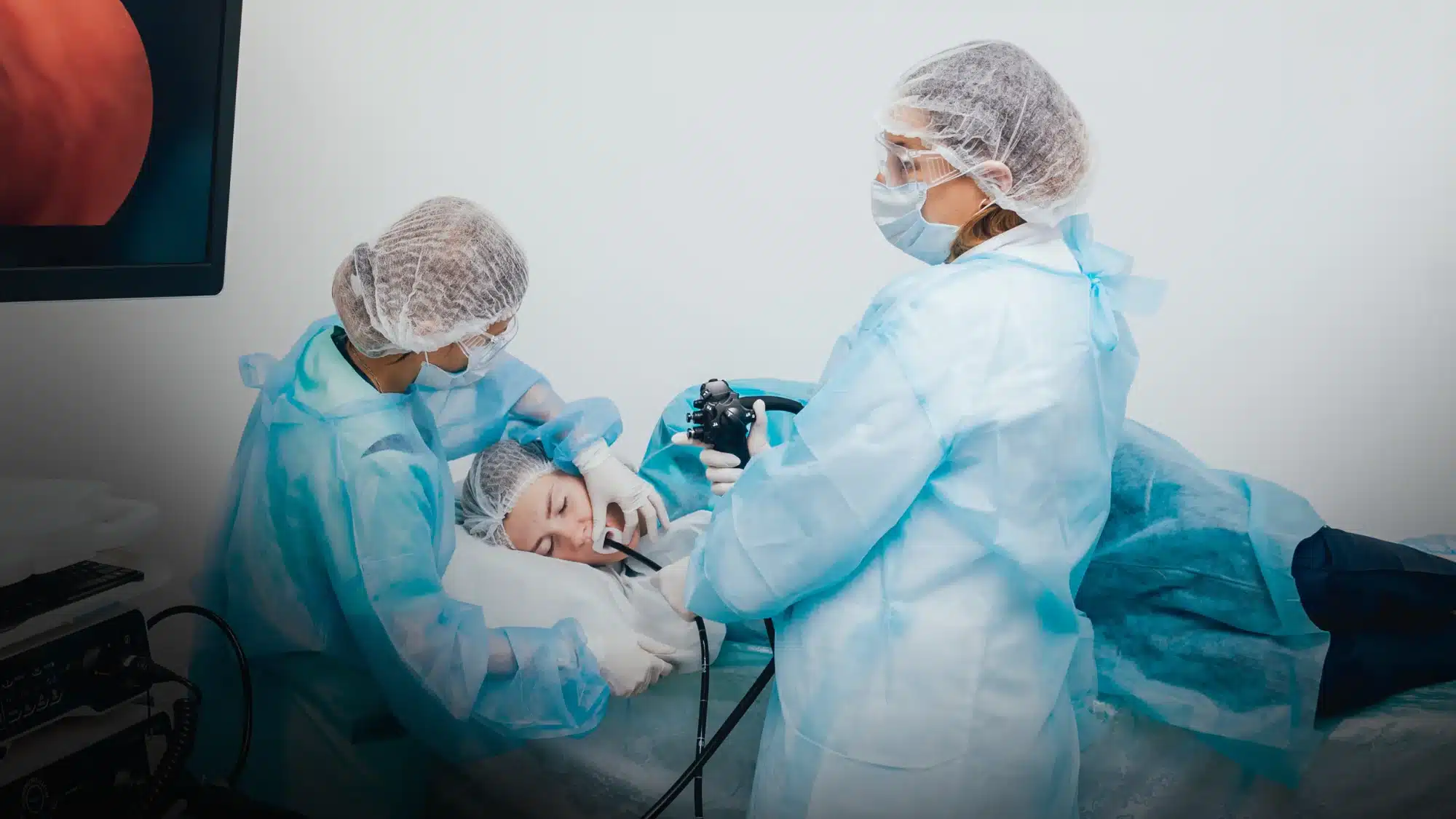Understanding Maintenance Colonoscopy: Why Timing Matters
Colonoscopy remains the gold standard for colorectal cancer screening and gastrointestinal (GI) wellness. However, the optimal timing for upgrading to a maintenance colonoscopy is not one-size-fits-all. Instead, it should be tailored to your personal risk factors, medical history, and evolving clinical guidelines.
Who Needs Maintenance Colonoscopy—and When?
Personalized scheduling is essential for effective GI health management. The recommended interval for maintenance colonoscopy depends on your risk category:
Average-Risk Individuals:
- Most guidelines recommend a colonoscopy every 10 years if no polyps or abnormalities are found during the initial screening.
- Recent research suggests that, for some low-risk individuals, intervals may be safely extended to up to 15 years with a personalized approach, though this should be discussed with your GI specialist.
High-Risk Individuals:
- Those with a family history of colorectal cancer, personal history of polyps or cancer, or chronic inflammatory bowel diseases (such as Crohn’s disease or ulcerative colitis) should undergo colonoscopy every 24 months.
- Additional genetic factors or findings (such as dysplasia) may require even more frequent surveillance, sometimes annually or at intervals determined by your specialist.
Why Personalized Scheduling Matters
Personalized colonoscopy scheduling helps:
- Detect colorectal cancer and precancerous polyps early, improving outcomes.
- Avoid unnecessary procedures, reducing risk and healthcare costs.
- Optimize resource use, ensuring those at highest risk receive timely care.
Your abdominal pain specialist can assess your risk profile and recommend a maintenance colonoscopy schedule that aligns with the latest evidence and your unique health needs.
Signs You May Need to Upgrade Your Colonoscopy Schedule
Consult a GI specialist or search for “abdominal pain specialist near me” if you experience:
- New or worsening abdominal pain
- Changes in bowel habits
- Unexplained weight loss
- Rectal bleeding or blood in stool
These symptoms may indicate the need for earlier or more frequent colonoscopy, regardless of your previous schedule.
How Merus Gastroenterology & Gut Health LLC Can Help
At Merus Gastroenterology & Gut Health LLC, our team uses the latest guidelines and risk assessment tools to create a personalized colonoscopy schedule for every patient. We work closely with you to ensure your GI wellness plan is proactive, evidence-based, and tailored to your needs.
If you’re searching for an “abdominal pain specialist near me” or want to discuss your colonoscopy schedule, contact us today for expert, compassionate care.
Key Takeaways
- Average-risk: Colonoscopy every 10 years; some may qualify for longer intervals with specialist approval.
- High-risk: Colonoscopy every 24 months or as recommended by your GI specialist.
- Personalized care is essential—consult your abdominal pain specialist for the best schedule for your GI health.
Prioritize your GI wellness with a maintenance colonoscopy schedule designed just for you. Trust Merus Gastroenterology & Gut Health LLC—your local experts in digestive health.









